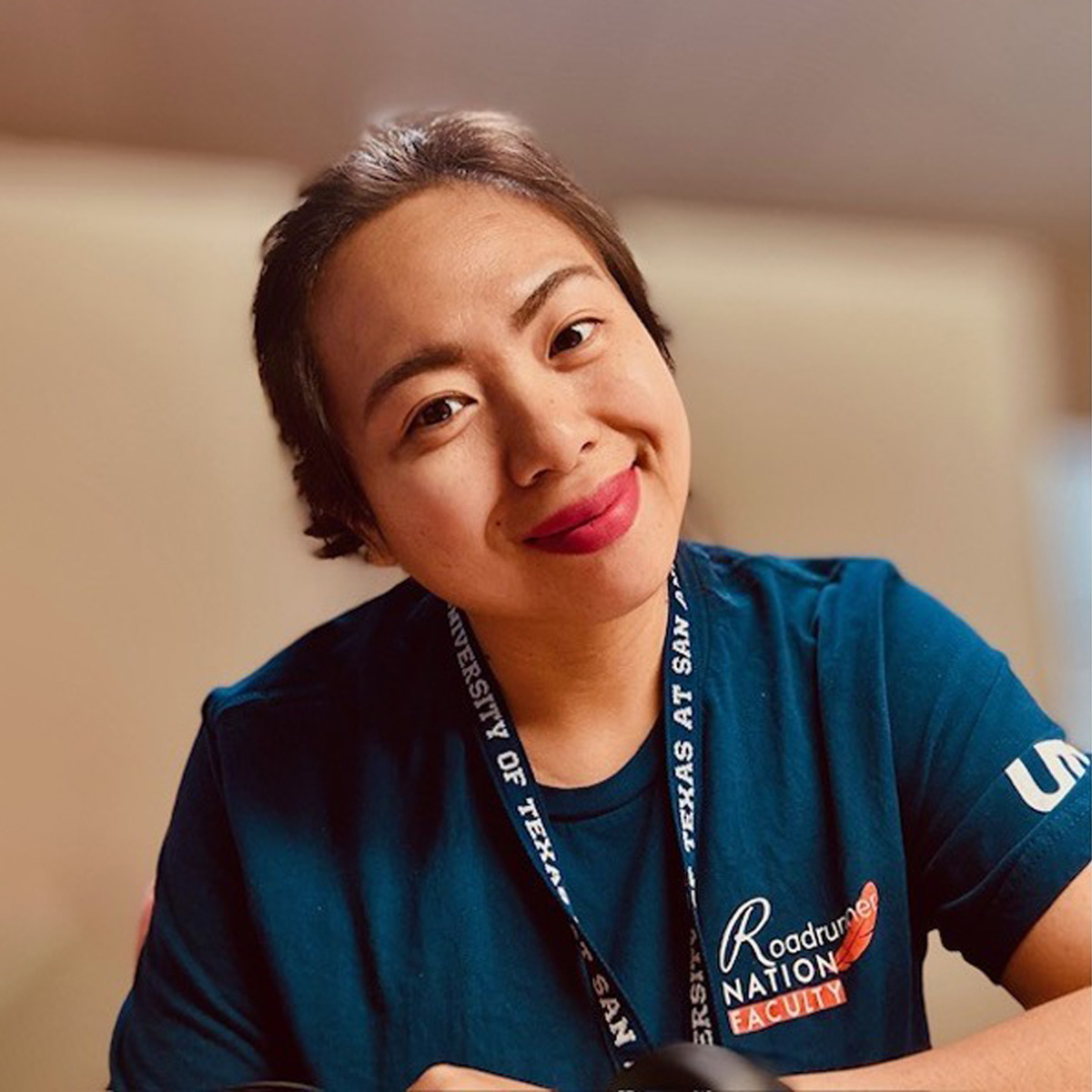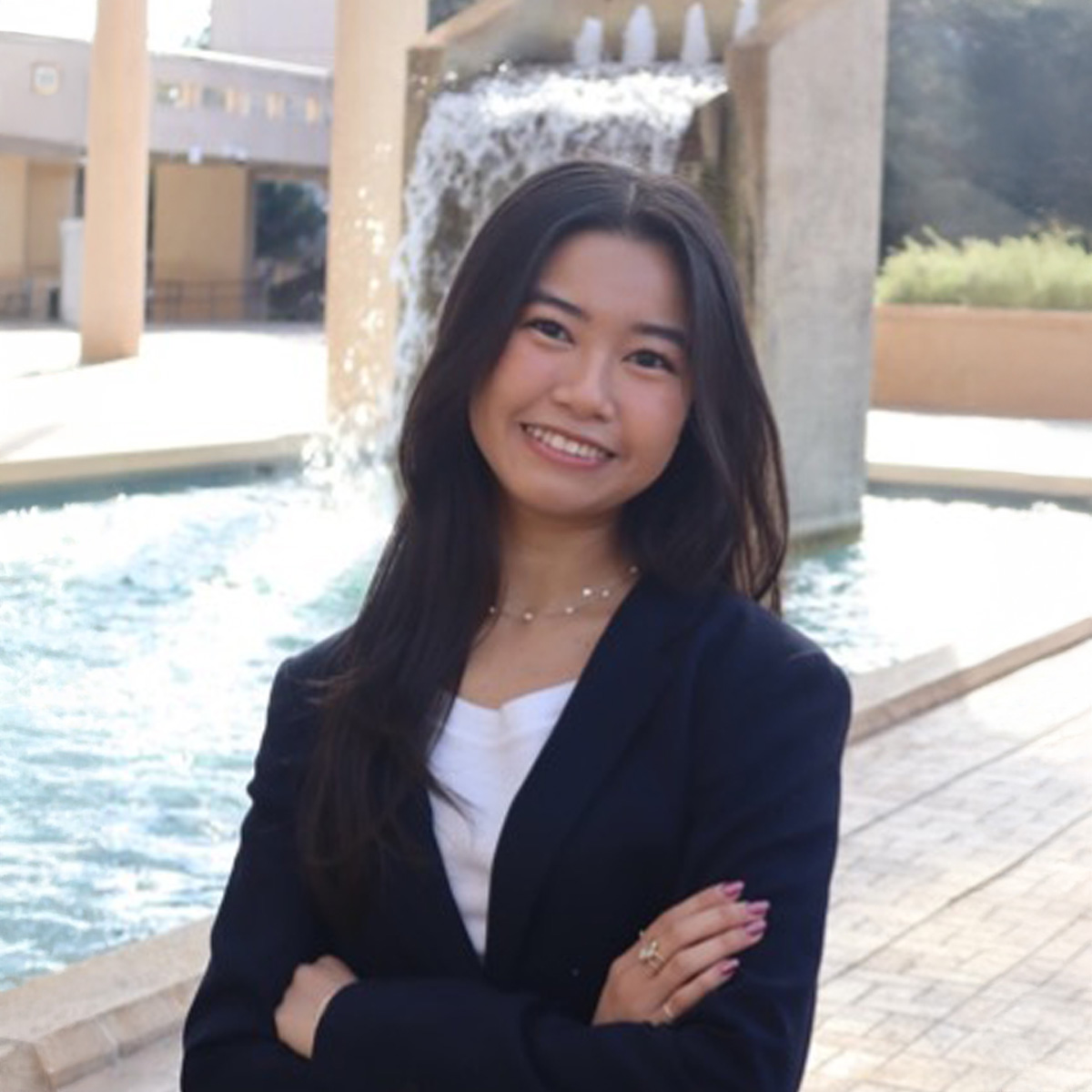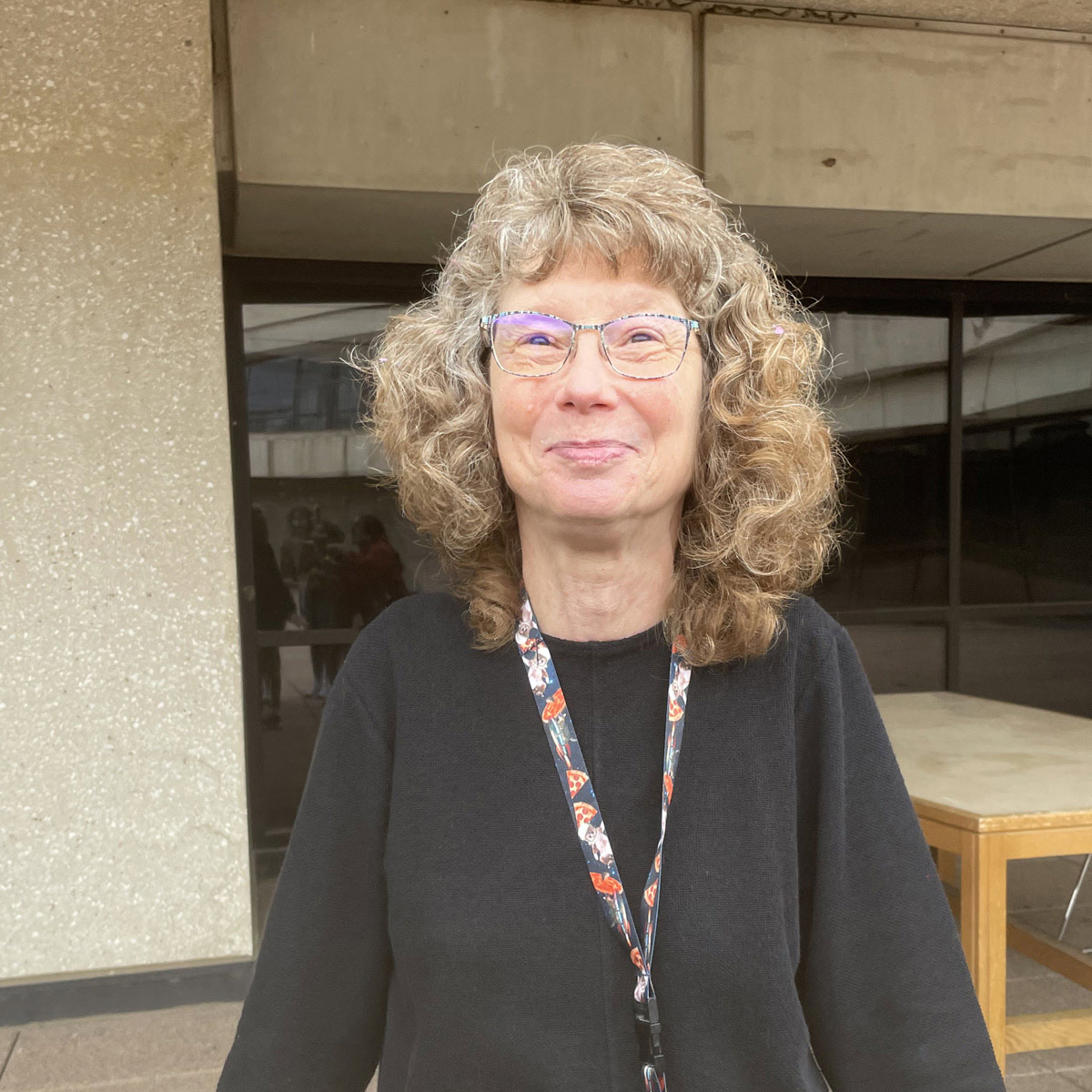Posted on August 3, 2020 by College of Sciences
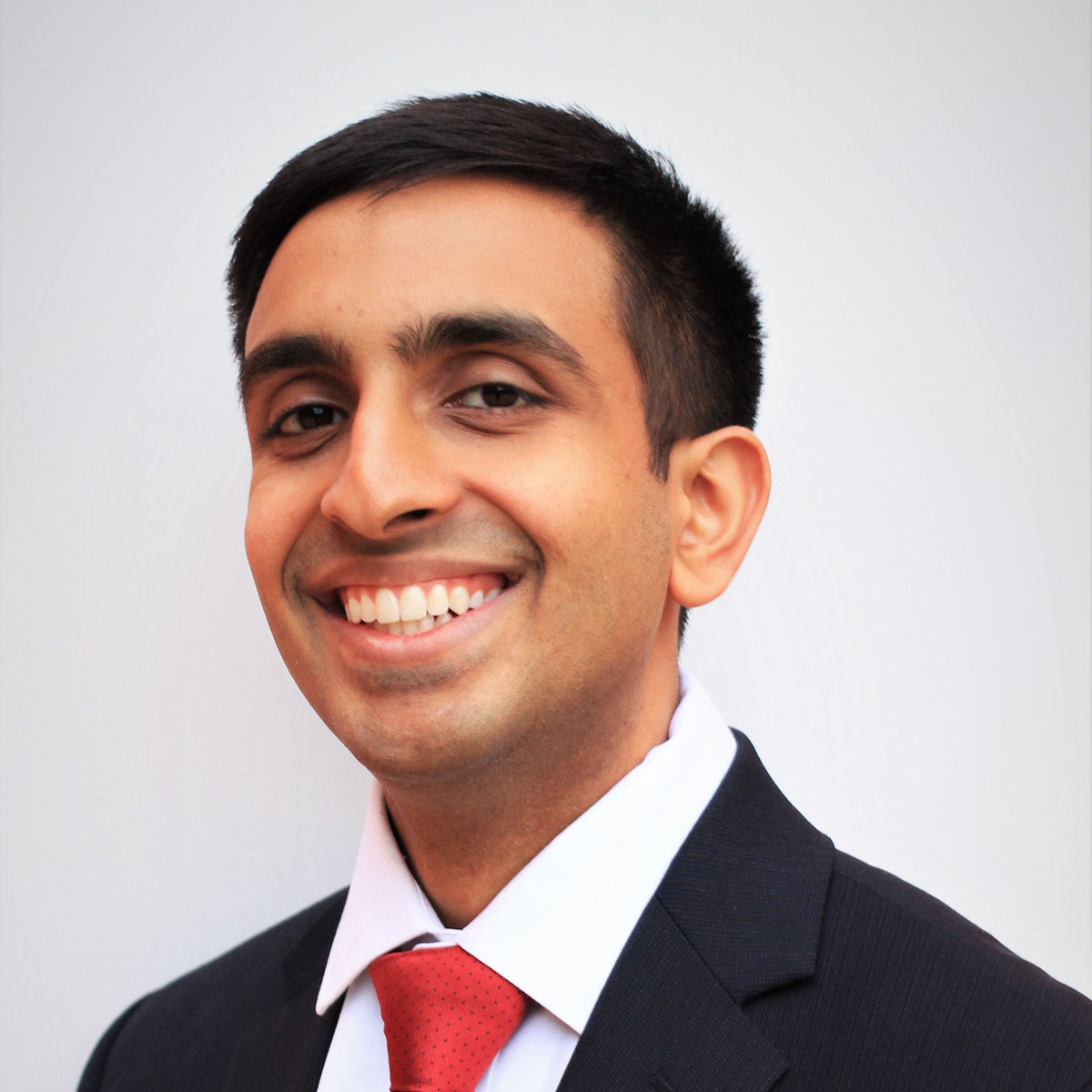
Prem Menon
By Prem Menon
Prem Menon is a 2020 graduate of UTSA's competitive pre-medical track and a former scholarship recipient. Prem is now a resident at Atlanta's Emory University emergency medicine residency program. Inspired by his experiences in India and Uganda, he plans to work towards justice for the refugee, asylee, and immigrant populations in the United States as well as contribute to solutions for global emergency care.
I chose UTSA because of the 7-year accelerated FAME Program the university offered at the time. With my future goals in medicine, it was a great opportunity to get a head start into my undergraduate education and begin my career in medicine early on. I also wanted to attend a university that offered the best of both worlds when it comes to a large diverse school in one of the largest cities in the country while also having smaller communities to offer closer attention from faculty. The faculty members at the College of Sciences are very driven and inspired to provide mentorship. Some very important research is happening at UTSA, and the faculty members are very kind and willing to include students.
UTSA definitely gave me the tools for success in medical school. Apart from the challenging courses that developed my critical thinking skills, the opportunities for service and leadership at UTSA paved the way for my interests within medical school and ultimately my interests within my career in emergency medicine.
Emergency medicine is a really versatile field. There are a lot of different reasons I was drawn to the specialty. The pace, variety, and broad spectrum of pathology seen on any given shift is really appealing. The emergency department is a mosaic for the human condition and the physician is called to provide care for anyone who walks in, regardless of social, economic or political differences. The opportunity to provide care for the largely underserved is huge within the specialty.
Emergency departments (EDs) have had a unique intersection with American healthcare in the past few years. Many underinsured populations seek primary care in the emergency department due to a lack of insurance and need for healthcare. This has led to the birth of a new field within emergency medicine called Social Emergency Medicine (Social EM). Social EM aims to address the social determinants of health within the emergency department by bridging gaps for underserved populations to use the ED as a means to obtain effective and sustainable healthcare. The opportunities within this field to provide aid to the underserved are abundant.
Something I noticed really early on in medical school is how EM physicians are masters of communication. Whether it's summarizing a patient's course to the oncoming team during shift change, or advocating for your patient while speaking to a consultant, EM physicians are experts in communicating efficiently and effectively. This is a skill that I was always blown away by and wanted to improve on.
My colleagues within the FAME program and the faculty members we interacted with really molded me into the person I am today. The kindness and grace they showed influenced me to do the same to others, ultimately allowing me to be a better physician. My time in undergrad also grew my curiosity and hunger to learn more. Many of the things I learned in my specialized FAME courses and College of Sciences classes challenged my understanding of things and my thought processes. I learned to question everything, work hard, and seek to always find answers to things I am not sure of. The culmination of these skills today serves me well in the ED on my shifts.
The Emergent Breast Abnormality and Evaluation Initiative or EmBrACE is one of the few things I am very fortunate and thankful to be involved in. The Social EM initiative was started by one of the physician assistant faculty members at UT Health San Antonio's Emergency Medicine department, Ms. Tatiana Emanuel. She noticed many patients at University Hospital (the medical school's affiliated county hospital) who present to the ED with a breast mass often get discharged and slip through the cracks of our healthcare system. After seeing some of these patients return to the ED with a cancer diagnosis that is too far progressed to provide effective treatment, she set off to build a pathway that would connect these patients to further follow-up care with family medicine, radiology, and (if needed) a breast surgeon/oncologist.
Under the guidance of Ms. Emanuel and Dr. Rosemarie Ramos (the previous research department head of UT Health San Antonio's Emergency Medicine department), I was given the opportunity to get more involved and contribute to the EmBrACE Initiative. The initiative continues to help patients at University Hospital and is currently in the process of being replicated for other disease processes like prostate cancer, head and neck tumors, etc. I am glad to have been involved with the project and learned the minutiae in establishing pathways like EmBrACE. I hope to apply what I learned towards similar projects in my career as an EM physician.
As the son of Indian immigrant parents, we would often visit India during my childhood. The lack of infrastructure and healthcare seen in parts of rural south India were a motivation for me to want to pursue a career in medicine and bridge the healthcare gaps in developing countries.
My interest for global health grew as I joined medical school at UT Health San Antonio and began working with the refugee, asylee, and immigrant population of San Antonio. Working with this population really opened my eyes to injustices that were occurring around the world. I was motivated to do more and applied for the global health longitudinal elective that UT Health San Antonio offers.
The course provided a foundation of practical knowledge in the form of lectures, small group collaboration, and journal club discussions in preparation for an overseas experience. My experience included a trip to North and South Uganda. In South Uganda we brought the Big Decisions Sexual Health curriculum (curriculum used for at-risk schools in Texas) to a school in the city of Masaka in efforts to reduce the amount of teen pregnancy and STI rates. We also staffed an inpatient ward and day clinic at Kalungi hospital, a hospital on the rural outskirts of Masaka. The rest of our trip was primarily in the city of Gulu, in Northern Uganda. Here we ran a clinic for women who were a part of the Women Empowerment Network Design (WEND) program and were victims of the long civil war Northern Uganda faced. We also connected with city and district officials regarding next steps to secure resources for the children afflicted with Nodding Syndrome, a novel illness affecting the impoverished and rural children of Northern Uganda.
This trip helped me identify the needs in underserved countries like Uganda. In our drive from Southern to Northern Uganda, we drove on the Masaka-Kampala highway. This is one of the world's most dangerous roads. While riding on this road we saw multiple motor vehicle collisions with a true lack of infrastructure to support these emergencies. This led to my interest in global emergency medicine.
My advice to students interested in a medical career would be to do the things you love when at UTSA. Don't sacrifice your interests in volunteering or serving the community to only focus on course grades and standardized exams. Finding a balance is key, and undergrad is all about exploring that balance. Take advantage of the amazing faculty at the College of Sciences. If you are interested in a professor's area of research, contact them and start a dialogue.
Deciding to pursue a career in medicine is a big step. Be sure of your decision and when you go through difficulty in the application process or in medical school, remind yourself of why you picked this career in the first place.
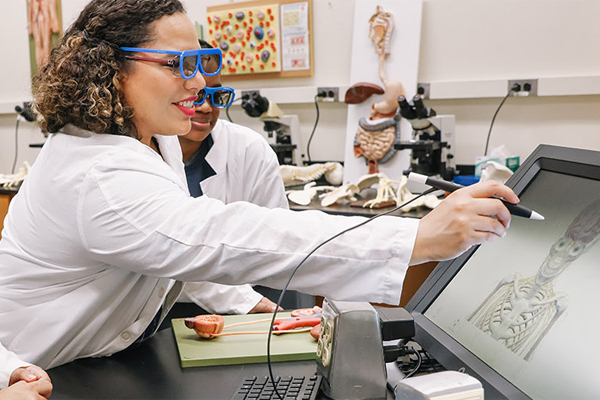
Explore the BHE Department!
Designed for students who want a focus in biological structures and systems from multicellular life to local ecosystems to the entire terrestrial biosphere. Students have access to strong research programs, state-of-the-art resources, and competitive financial support.
Recent BHE Spotlights
View More Spotlights